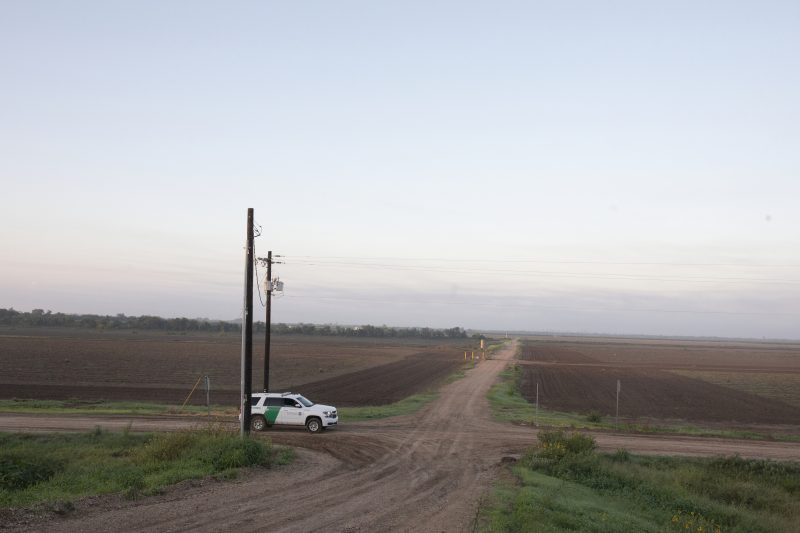President Biden’s Border Restrictions Bring Sharp Drop in Illegal Crossings
The introduction of stricter border restrictions by the Biden administration has resulted in a notable decrease in illegal crossings at the U.S.-Mexico border. This shift in policy marks a significant departure from the approach taken by the previous administration and has generated a range of responses from various stakeholders. While some applaud the efforts to enforce immigration laws, others express concerns about the human rights implications of these stringent measures.
One of the key factors contributing to the decline in illegal crossings is the reinstatement of the Remain in Mexico policy, also known as the Migrant Protection Protocols. Under this policy, asylum-seekers are required to wait in Mexico while their claims are processed in U.S. immigration courts. This approach aims to deter individuals from attempting to enter the United States illegally and helps to manage the flow of migrants at the border.
In addition to the Remain in Mexico policy, the Biden administration has increased cooperation with Central American countries to address the root causes of migration. By investing in economic development, security, and governance in the region, the U.S. hopes to create more opportunities for people to remain in their home countries rather than seeking refuge elsewhere. This holistic approach seeks to address the underlying factors that drive migration and contribute to instability in the region.
Critics of the Biden administration’s border restrictions argue that these measures fail to address the humanitarian concerns of individuals fleeing violence, persecution, and poverty. They contend that the emphasis on enforcement and deterrence overlooks the complex realities faced by migrants and refugees, many of whom are in desperate situations and have legitimate claims for asylum. Advocates for immigrant rights call for a more compassionate and rights-based approach to immigration policy that upholds the principles of due process and protection for vulnerable populations.
Despite the mixed reactions to the stricter border restrictions, the Biden administration is committed to creating a more orderly and humane immigration system. By striking a balance between enforcement and compassion, policymakers seek to manage immigration flows in a way that respects the dignity and rights of migrants while upholding the rule of law. The ongoing dialogue surrounding immigration policy reflects the diverse perspectives and values that shape the debate on this critical issue.
In conclusion, the Biden administration’s efforts to implement stricter border restrictions have had a tangible impact on illegal crossings at the U.S.-Mexico border. While these measures have led to a decrease in unauthorized entries, they have also sparked debates about the appropriate balance between enforcement and humanitarian concerns. Moving forward, it is essential for policymakers to consider the complex realities faced by migrants and refugees while upholding the principles of due process and protection for vulnerable populations. By engaging in constructive dialogue and collaboration, stakeholders can work towards crafting immigration policies that are both effective and just.




























